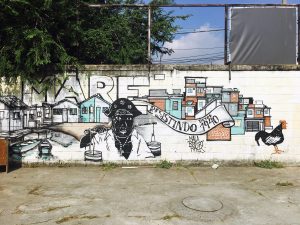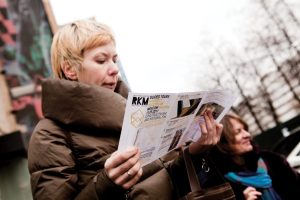In 2012-1015 Laura Colini participated at IRS Leibnitz Institut in a research on Halle-Neustadt directed by Matthias Berndt and Daniel Först. This former East-German city has experienced two waves of privatization, leading to a complete change of ownership structures, marked by the rise of financial investors. Cuts have put increasing pressure on welfare recipients to live in the cheapest housing available. This has led to the emergence of a ‘Hartz IV business model’ based on low, but state-subsidized, rents. New planning policies have led to a massive drop in house prices, thus facilitating the use of ‘leverage’ strategies for financial investors.
Link & Download
An Academic article was published published in 2017 in IJURR.


